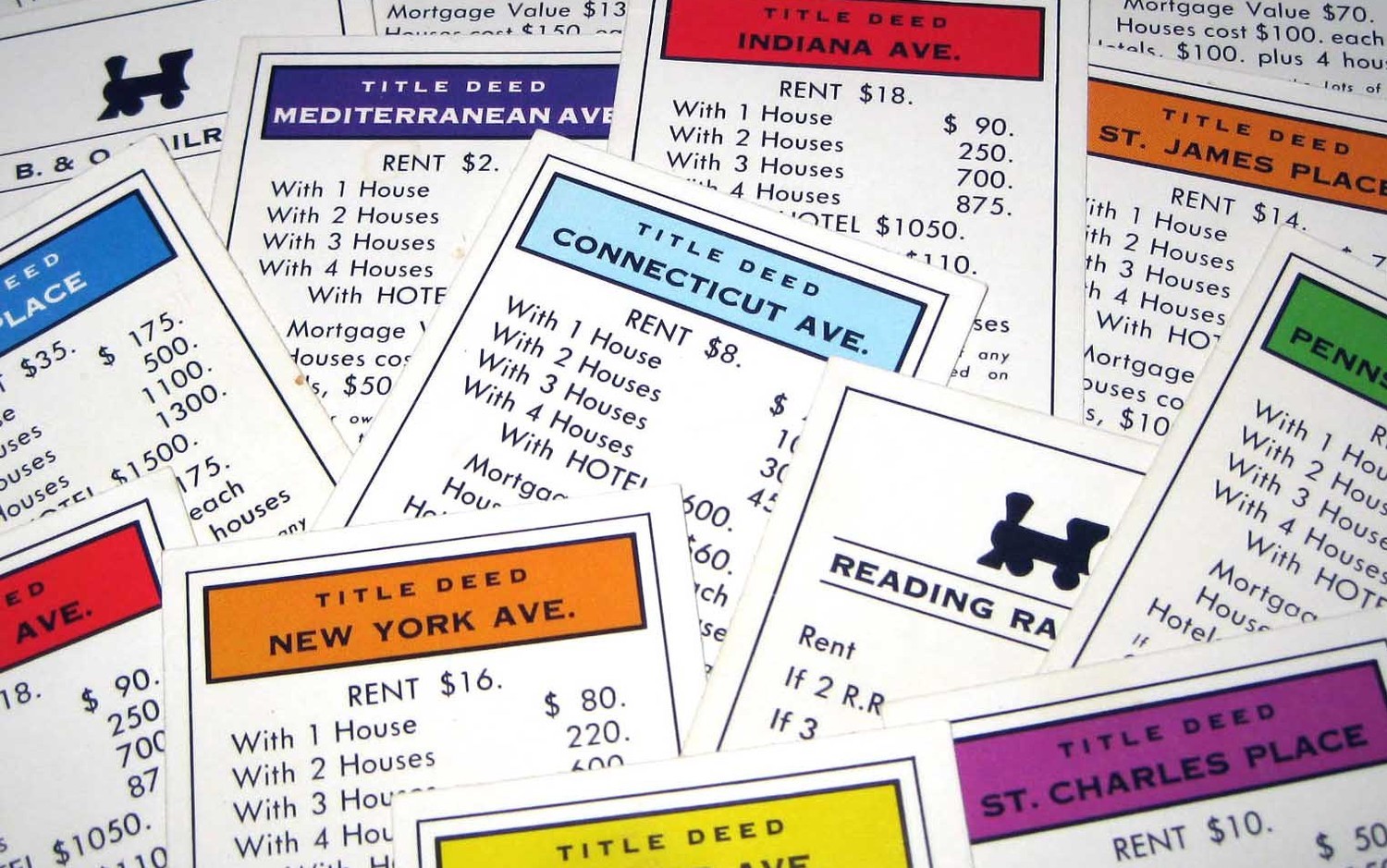4 Classes of Dapps for Cryptogovernment
A government may seem like a monolithic organization, but it consists of a vast range of stakeholders and other important players, ran by a combination of incompetent interns, disgruntled employees, spies and traitors, and everything in-between. Besides being more expensive than machines, humans cannot be trusted, unintentional mistakes or otherwise. The future of government is semi-autonomous, mostly machine-driven, and extensively decentralized with minimal human involvement.
One major dilemma has dominated the political science discourse of the post-9/11 world: how to balance the need for state surveillance and privacy of the individuals. Conventional wisdom suggests that it is a zero-sum game, but with the emergence of decentralized applications, it is possible for the state to efficiently manage administrative affairs with relative degrees of transparency while respecting the privacy of its citizens and security of private information.
A decentralized application or dapp is the technical term for programs—including smart contracts—that have been written for distributed systems backed by cryptographic protocols. Dapps are chiefly characterised by provenance, immutability, and finality of records; if consensus among nodes is required, depending on type of node, a distributed ledger or blockchain may be used, permissioned or otherwise; if storage is required, interplanetary file system may be coupled. Dapp operations are facilitated by tokens, which are subjected to economic forces. Overall, dapps are resilient and scalable, with features that would be difficult or impossible in traditional apps, such as Byzantine fault tolerant and zero-knowledge proof systems.
It is not without irony that the future of decentralized systems will be written by centralized powers, but as long as there are groups of people, there will be government. Here are four classes of dapps that would be essential to running a cryptogovernment.
1. Absolute Identity

One’s identity is the proof of one’s existence. Without identity, one does not exist at all. Safeguarding identity therefore is as valuable as safeguarding life itself. This is especially true in the present digital era, where as of yet the threshold to committing identity theft is laughably low. It may seem merely a personal problem, but lack of personal accountability undermines the security of the state at its foundations, affecting everything from immigration to taxation. By 2018, we will see specialized dapps tackle this identity crisis.
2. Digital Currency

The history of counterfeiting is as long as the history of money itself, whether humans were using seashells, precious metals, or paper. While a vast majority of the money supply is indeed digital now, humanity has not seen completely digital money yet. Bitcoin proved that blockchains could deal with double-spending. By 2028, we may see central banks adopt cryptocurrency as national currency and legal tender, commissioning dapps for minting and recasting digital dollars to control money supply.
3. Title Tokenization

Property titles—usually real estate or vehicles—are simply a collection of records: deeds, liens, covenants, and more. Because these records are all over the place, the title encapsulates much time, blood, and tears and is thus very valuable, hence spawning many services around it, including title insurance and recovery. Blockchain dapps provide hope of seamless title management, to the relief of owners and the bureaucracy, while keeping details secure, with access granted only by owners.
4. Decentralized Registry

Land registry, motor vehicle registry, company registry, firearms registry (for our American friends out there), and any registry would benefit immensely from blockchain and interplanetary file systems. Dapps help facilitate cross-ministry collaboration while off-loading much of the work to the citizens, with the added benefit of privacy and security.
Two Sides of the Same Coin

Privacy and security are consistent themes in blockchain and dapps. The challenge ahead for cryptogovernment is to reconcile the irony of implementing decentralized applications by centralized authorities to balance the rights of the individuals and the needs of the state. Implemented well means the foundation of smart cities, paving the way to the utopia of a more interconnected and interdependent world of shared peace and prosperity.